In a much-acclaimed account, Jackson describes the contours and contradictions of a remarkable life and a career he describes as ‘Winston Churchill’s appointment with destiny’.
Churchill-by Ashley Jackson
KSh 700.00
In a much-acclaimed account, Jackson describes the contours and contradictions of a remarkable life and a career he describes as ‘Winston Churchill’s appointment with destiny’.
1 in stock
| SKU: | 9780857388346 |
|---|---|
| Categories: | Biographies & Memoirs, Historical Biographies, History books |
Related products
-
From the land of Pashtuns to the land of Maa
KSh 2,000.00From the Land of Pashtuns to the Land of Maa: Memoir (2013) Kenyan-born Khan traces his father’s journey from his village in India (now within Pakistan) to Kenya in 1929, alone, at the age of 18 after a family dispute.
Here is the story of migration, of Khan’s father and other Pashtuns (mainly from the Punjab Province of Pakistan), to the Maasai tribal lands in rural Kenya. His father, Juma Khan, raised 18 children from two wives: the first was a Maasai woman who assumed a Muslim name after marriage, and the second was the daughter of a Pakistani father and Maasai mother. It was a time of colonial rule when mixed marriages – and children from them – were regarded with discrimination.
-
The Dead Are Arising-the life of malcom x
KSh 2,195.00The Dead Are Arising is a penetrating and riveting work that affirms the centrality of Malcolm X to the African American freedom struggle and the story of the twentieth century. Renowned Pulitzer Prize-winning investigative journalist Les Payne paints vivid and dramatic scenes from start to finish, from Malcolm’s clandestine meeting with the KKK in 1961 to a minute-by-minute account of his murder in 1965, in which Payne reveals the complicity of the American government.Payne interviewed everyone he could find who had known Malcolm X in a nearly thirty-year-long quest – including siblings, classmates, friends, cellmates, FBI moles and cops, and political leaders. Conjuring a never-before-seen world of one of the twentieth century’s most compelling figures, this magisterial work sets his life not only within the political struggles of his day but also against the larger backdrop of American history
-
Just for Fun: The Story of an Accidental Revolutionary Paperback
KSh 400.00Once upon a time Linus Torvalds was a skinny unknown, just another nerdy Helsinki techie who had been fooling around with computers since childhood. Then he wrote a groundbreaking operating system and distributed it via the Internet — for free. Today Torvalds is an international folk hero. And his creation LINUX is used by over 12 million people as well as by companies such as IBM.
Now, in a narrative that zips along with the speed of e-mail, Torvalds gives a history of his renegade software while candidly revealing the quirky mind of a genius. The result is an engrossing portrayal of a man with a revolutionary vision, who challenges our values and may change our world.
KSh 1,000.00 -
Afro-European Trade in the Atlantic World The Western Slave Coast, c. 1550- c. 1885
KSh 14,560.00From 1550 to colonial partition in the mid-1880s, trade was key to Afro-European relations on the western Slave Coast (the coastal areas of modern Togo and parts of what are now Ghana and Benin). This book looks at the commercialrelations of two states which played a crucial role in the Atlantic slave trade as well as the trade in ivory and agricultural produce: Hula, known to European traders as Grand Popo (now in Benin) and Ge, known as Little Popo (nowin Togo). Situated between the Gold Coast to the west and the eastern Slave Coast to the east, this region was an important supplier of provisions for Europeans and the enslaved Africans they purchased. Also, due to its positionin the lagoon system, it facilitated communication along the coast between the trading companies’ headquarters on the western Gold Coast and their factories on the eastern Slave Coast, particularly at Ouidah, the Slave Coast’s major slave port. In the 19th century, when the trade at more established ports was disrupted by the men-of-war of the British anti-slave trade squadron, the western Slave Coast became a hot-spot of illegal slave trading.
Providing a detailed reconstruction of political and commercial developments in the western Slave coast, including the transition from the slave trade to legitimate commerce, this book also reveals the region’s position in the wider trans-Atlantic trade network and how cross-cultural partnerships were negotiated; the trade’s impact on African coastal “middlemen” communities; and the relative importance of local and global factors for the history of a region or community.Silke Strickrodt is Visiting Research Fellow at the Department of African Studies and Anthropology at the University of Birmingham. She is co-editor (with Robin Law and Suzanne Schwarz) of Commercial Agriculture, the Slave Trade and Slavery in Atlantic Africa (James Currey, 2013).
-
History as destiny and history as knowledge
KSh 3,599.00Brief Summary
History as destiny and history as knowledge: being reflections on the problems of historicity and historiography -
Land, Migration and Belonging
KSh 14,560.00Tracing the history of the Basotho, a small mainly Christianised community of evangelists working for the Dutch Reformed Church, this book examines the challenges faced by minority ethnic groups in colonial Zimbabwe and how they tried to strike a balance between particularism and integration. Maintaining their own language and community farm, the Basotho used ownership of freehold land, religion and a shared history to sustain their identity. The author analyses the challenges they faced in purchasing land and in engaging with colonial administrators and missionaries, as well as the nature and impact of internal schisms within the community, and shows how their “unity in diversity”impacted on their struggles for belonging and shaped their lives. This detailed account of the experiences and strategies the Basotho deployed in interactions with the Dutch Reformed Church missionaries and colonial administrators as well as with their non-Sotho neighbours will contribute to wider debates about migration, identity and the politics of belonging, and to our understanding of African agency in the context of colonial and missionary encounters.
Published in association with the British Institute in Eastern Africa
-
-
How Can Man Die Better-Robert sobukwe
KSh 1,500.00Archbishop Desmond Tutu on Sobukwe: ‘I am greatly privileged to have known him and to ave fallen under his spell. His long imprisonment, restriction and early death were a major tragedy for our land and for the world.’
On 21 March 1960, Robert Mangaliso Sobukwe led a mass defiance of South Africa’s pass laws. He urged blacks to go to the nearest police station and demand arrest. Police opened fire on a peaceful crowd in the township of Sharpeville, and killed 68 people. The protest changed the course of South Africa’s history. Afrikaner rule stiffened and black resistance went underground. International opinion hardened against apartheid. Sobukwe, leader of the Pan-Africanist Congress, was jailed for three years for incitement. At the end of his sentence the government, fearful of his power, rushed through the ‘Sobukwe Clause’ to keep him in prison without trial.
For the next six years, Sobukwe was kept in solitary confinement on Robben Island, the infamous

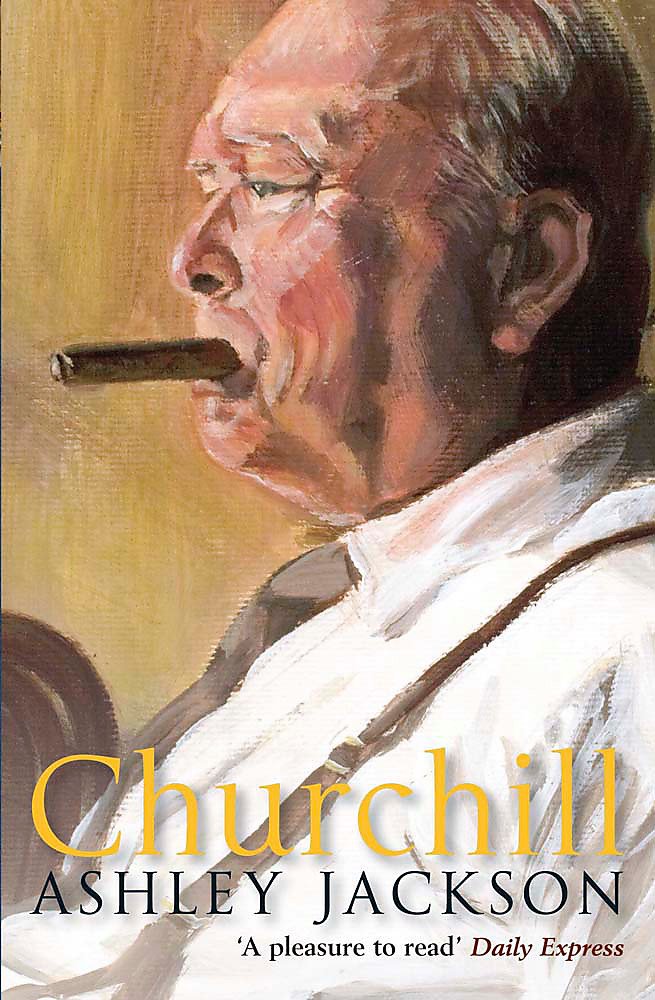
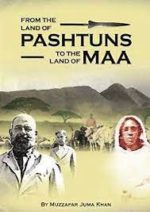
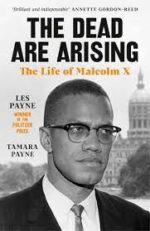

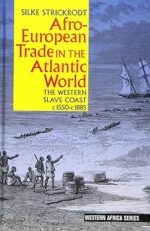


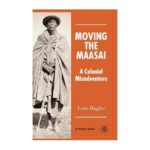
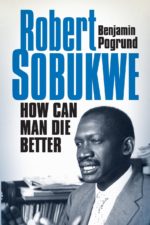
Be the first to review “Churchill-by Ashley Jackson”